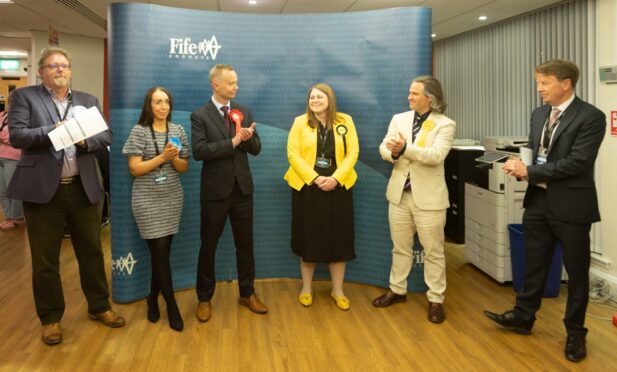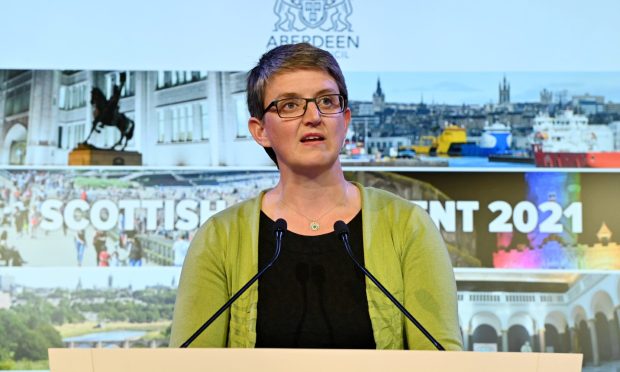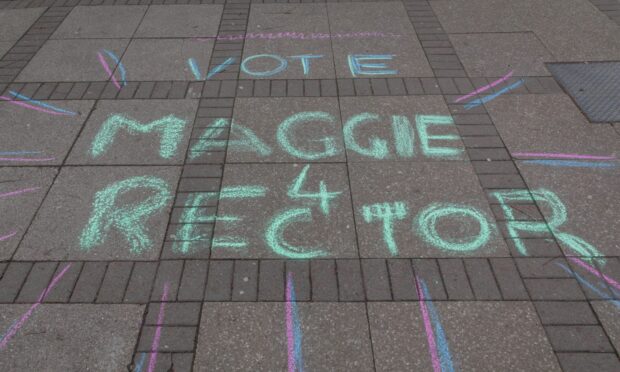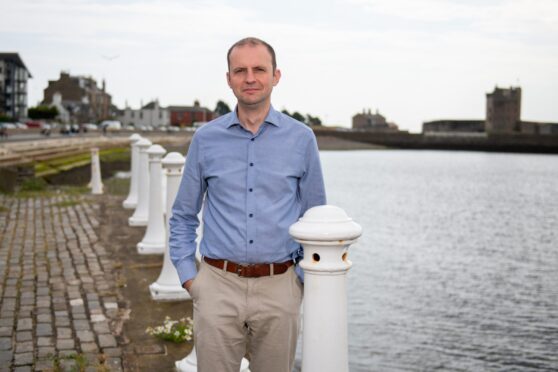The Fife Carers’ Centre says it faces a “scary time” dealing with record numbers of referrals and a £20,000 tax increase.
More families are coming forward to the in-demand Kirkcaldy charity asking for help than at any previous time since it was launched.
In September, staff dealt with a record 260 referrals in that month alone – and requests for support from unpaid carers haven’t decreased since then.
All that comes as the carers’ centre braces for a big tax hike as a consequence of Labour’s decision to increase employers’ national insurance.
Evan Carrie, 26, the charity’s training and development boss, warns it is a “daunting” time for third-sector organisations like his.
“We have seen a huge increase in our workload,” he tells The Courier. “September was our busiest month ever.
“Unfortunately we’ve not got the increase in staff to manage those referrals. Carers are having to wait longer.
“If we’re not able to offer them anything for six weeks, and they’re in crisis, what state will they be in by the time we get to them?”
He adds “It’s a scary time.”
The Fife charity, which has 27 employees, helps unpaid carers with a range of tasks which can be overwhelming when looking after loved ones.
That can range from educating carers about what they need to helping them access benefits they are entitled to.
“If a carer comes to us with an issue, it’s rare we can’t support them in some way,” Evan says.
Fife mum Lisa McCormack, who spent years as an unpaid carer for dad Joe, has benefited from the charity.
She says the carers’ centre has been invaluable for emotional support and practical advice.
“Thank god for them,” she says. “I don’t know where I would be without them.”
Up to 800,000 Scots are classed as unpaid carers.
Lisa’s dad has now been moved to a nursing home but checking in on him daily remains a huge part of her life.
‘Mentally draining’
“Being an unpaid carer is emotionally, physically and mentally draining,” she tells us.
“It’s heartbreaking to watch the person you love most in the world deteriorate.”
Lisa says more must be done to help unpaid carers who make major sacrifices to care for ill relatives.
She gave up work to look after her father and still visits him every day at the nursing home.
People like Lisa often end up becoming unpaid carers when they least expect it.
Evan, from the carers’ centre, says there is not enough to help them.
“We just know the resources they need aren’t there,” he says.
“There’s obviously staffing shortages, so there’s not enough care providers.”
He adds: “Nobody expects to be a carer.
“It’s something that creeps up on you. Nobody has time to plan for it.”













Conversation